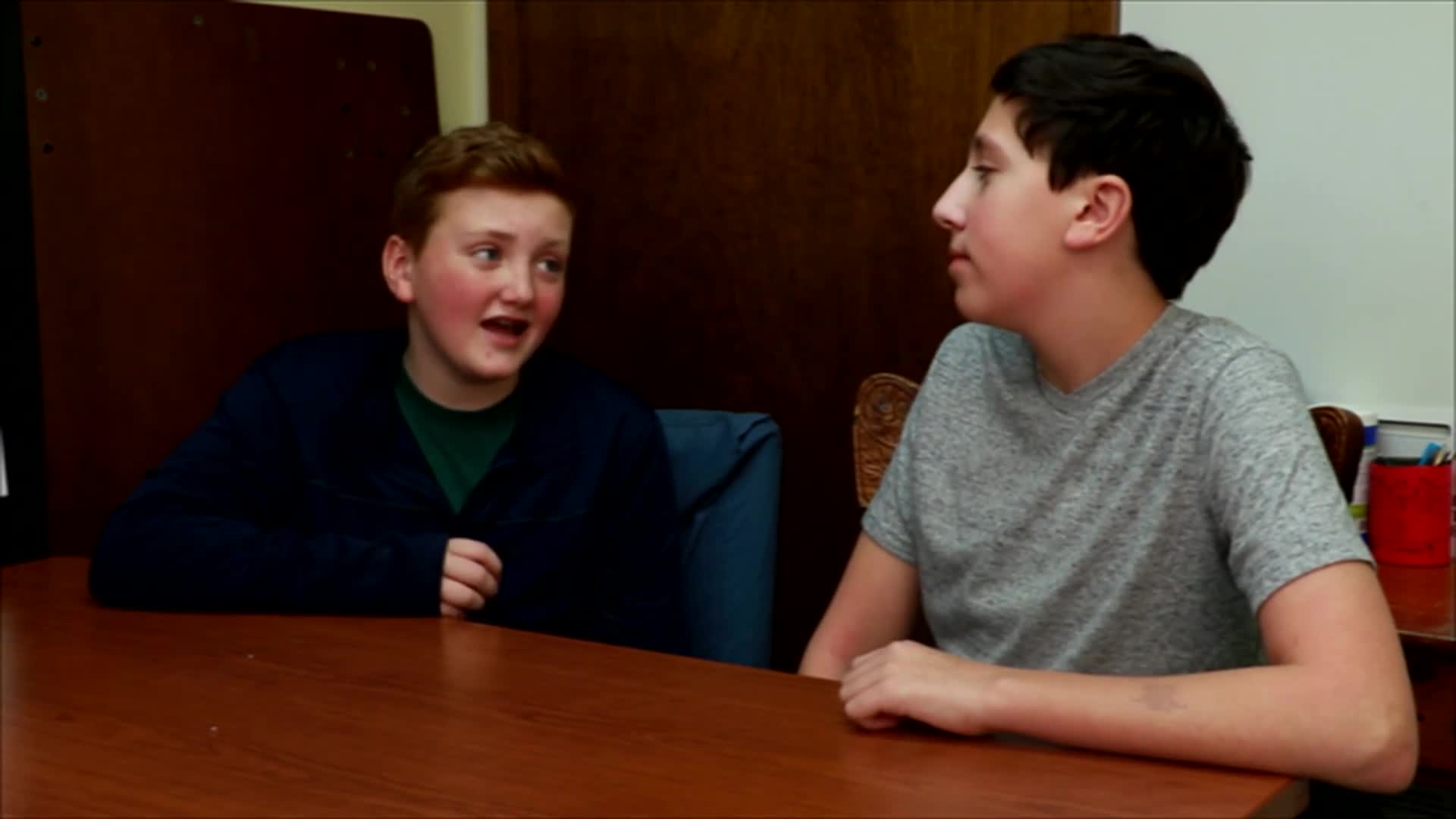Special education often involves teaching students important communication skills that impact their learning and social interactions. One such skill is recognizing and using appropriate pitch and tone in speech. In this blog post, we will explore the significance of this skill and provide guidance for developing effective IEP goals to support its development.
Understanding Pitch and Tone Recognition
Pitch and tone recognition refers to the ability to identify and use different vocal inflections based on the context and emotional state of the speaker. This skill is crucial for students’ learning, social interactions, and overall wellbeing. When students are able to recognize and use appropriate pitch and tone, they can communicate more effectively and build stronger relationships with their peers and educators.
The Role of Specialists
Various specialists can support the development of pitch and tone recognition in students:
- Speech-Language Pathologists can help students improve their vocal inflections and identify appropriate pitch and tone in different situations.
- Social Workers can provide guidance on how to use pitch and tone effectively in social interactions and help students navigate challenging situations.
- Psychologists can offer insights into the emotional aspects of pitch and tone recognition, helping students understand their own emotions and those of others.
- School Counselors can assist in integrating pitch and tone recognition skills into the school environment, promoting positive communication among students and staff.
IEP Goals for Pitch and Tone Recognition
Here are some SMART IEP goals for improving pitch and tone recognition in kindergarteners:
- By the end of the school year, the student will accurately identify the pitch and tone of a speaker’s voice in 8 out of 10 opportunities during classroom activities.
- Strategies: Use role-playing activities and storytelling exercises to practice recognizing pitch and tone.
- Within the next six months, the student will demonstrate appropriate pitch and tone usage in 7 out of 10 instances during classroom discussions.
- Strategies: Provide visual aids and verbal prompts to remind students of appropriate pitch and tone in different situations.
Implementing and Measuring Progress
To effectively implement these IEP goals and measure progress, consider the following tips:
- Collaborate with specialists to develop and implement strategies and activities that support pitch and tone recognition.
- Monitor student progress through regular observations and assessments, adjusting strategies as needed to ensure success.
- Engage in ongoing communication with parents and caregivers to share progress and gather input on additional support needs.
Conclusion
Teaching pitch and tone recognition is an essential part of special education, helping students develop effective communication skills that enhance their learning and social interactions. By implementing the IEP goals outlined in this post, educators can support the development of this crucial skill in kindergarteners. We encourage you to apply these goals in your classroom and invite you to explore more resources at Everyday Speech Sample Materials.






